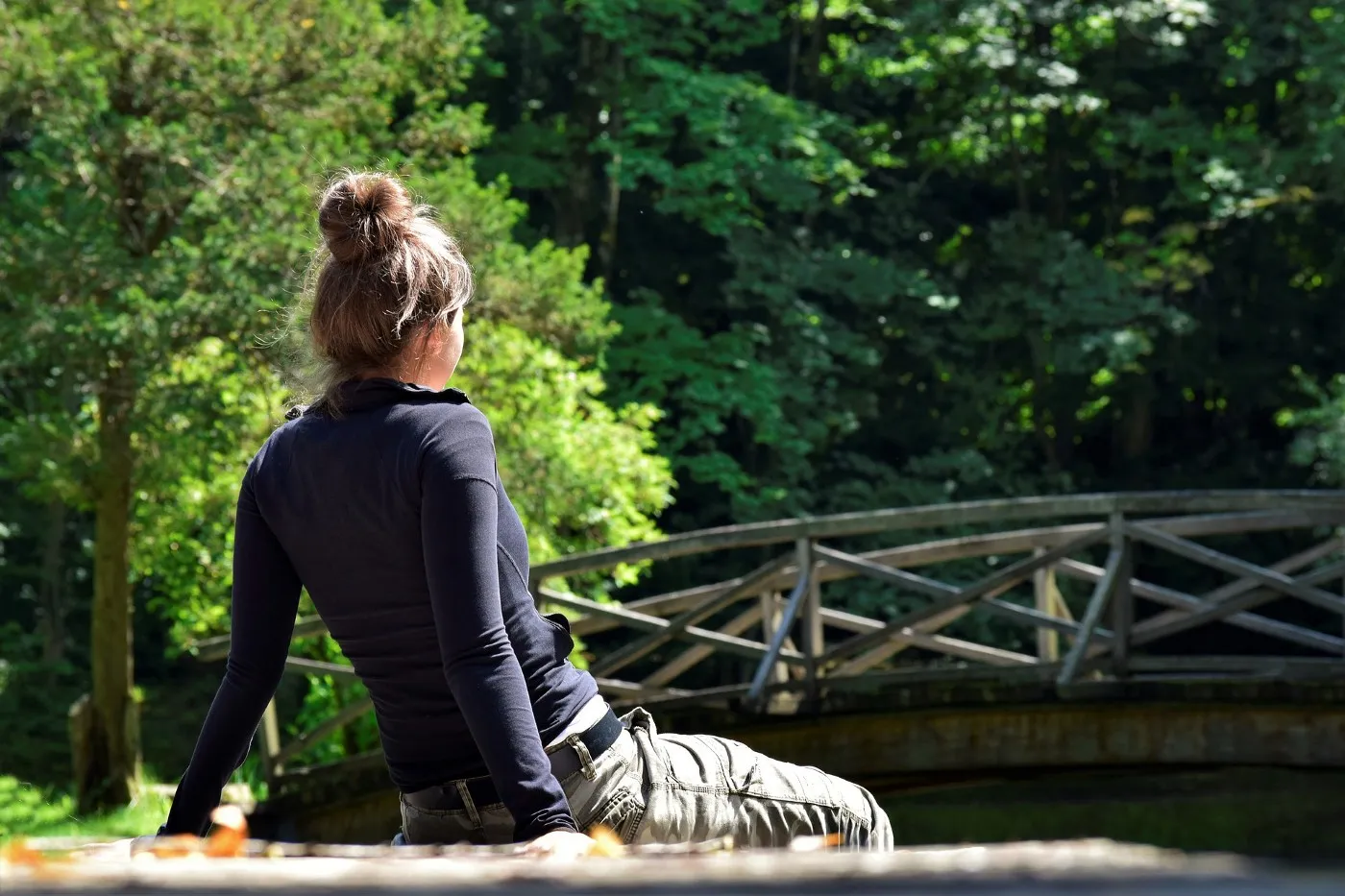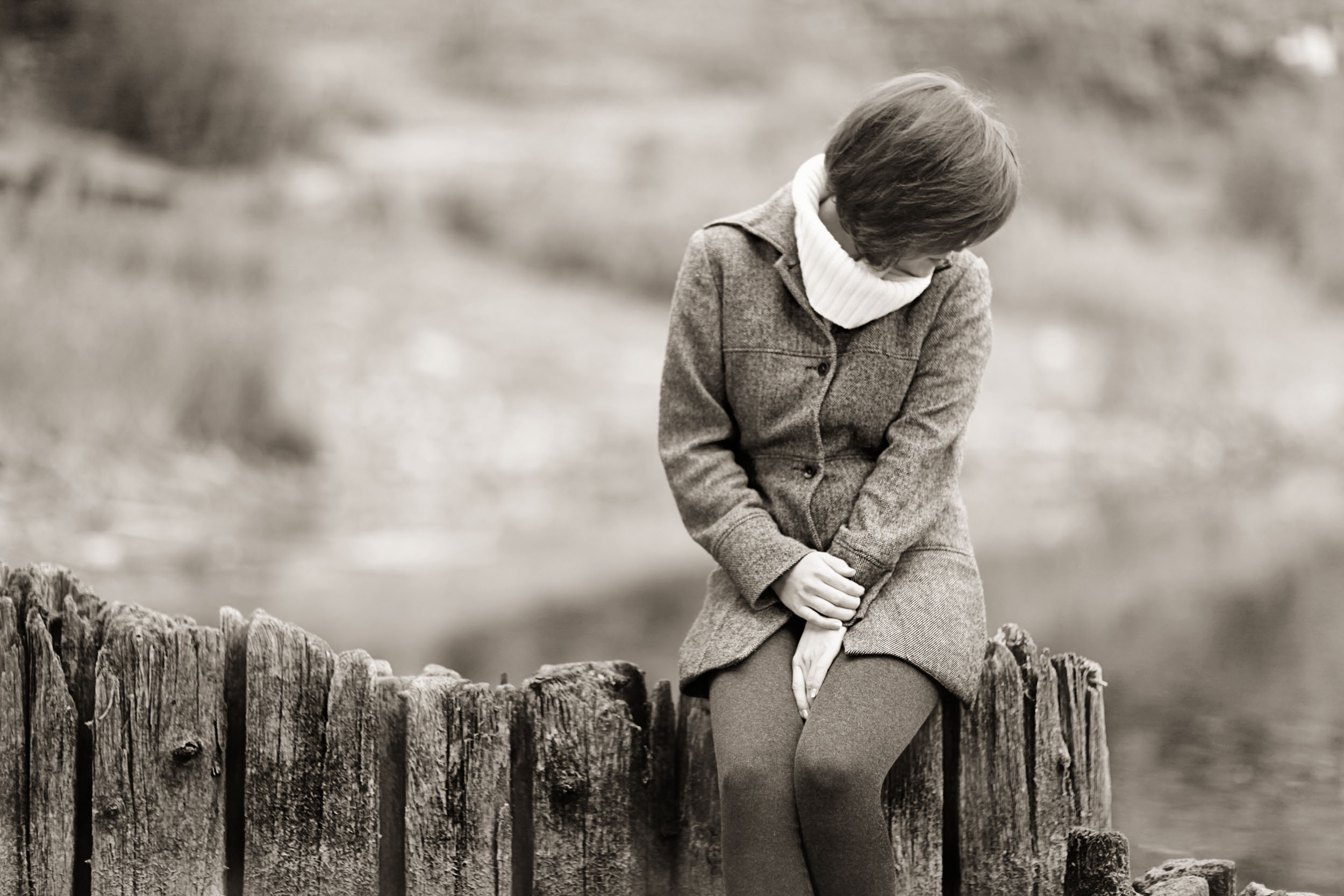Whether or not you’re affected by opioid addiction right now, gaining knowledge could be lifesaving.
If I had had any prior knowledge of opioids, I never would have become addicted. If I had known what I was getting into, I would’ve had a plan, and I wouldn’t have let my doctor control me.
I wouldn’t have had to listen to his lies that I needed it because I would have been aware of why he was pushing it on me.
Knowing that it was money, not my well-being, that my doctor was after would have saved years of heartache. It would have given me the strength to take my healthcare into my own hands.
However, I knew nothing about opioids before I popped my first pill. I didn’t have a clue what I was taking, just that it was a strong pain medicine that promised relief from the agony I was in.
It was a prescription my doctor promised was safe, one that he said I could take indefinitely with no problems. And he tried to make that happen, he tried to keep the reality of what the medication could do to me hidden.
But opioids aren’t safe. Not at all.
These pills have taken hundreds of thousands of lives. They have taken what once was a happy existence and turned it into something unrecognizable.
I was lucky — I got away. But so many people don’t, and how many of them were like me? How many didn’t know what they were getting into when they took their first pill?
Don’t let this happen to you. You may come across opioids at some point in your life, so make sure you know what you’re getting into before you agree to take them. Here are three main reasons this knowledge is crucial.
1. Opioids are prescribed for all kinds of pain, and they come under many different names.
Morphine, Oxycodone, Vicodin, Lortab. I took all of these drugs, with the last two being the exact same medication. I was prescribed them following an intensive spine surgery, where anything but a strong pain killer just wouldn’t cut it.
Since I’ve been clean, I’ve been prescribed opioids three other times. Once was for a root canal, which I promptly rejected and settled for ibuprofen and a week of discomfort instead. Better than giving my body a chance to remember the addiction that used to rule it.
The other two times were for C-sections, and the pain was bad enough for both of those that I accepted I needed the relief opioids would offer. However, when the doctors tried to prescribe me Vicodin (the drug I was addicted to) I asked them to give me a different opioid instead.
Both times I ended up taking oxycodone, and both times they strictly controlled the medicine. I needed the pills for about two weeks post-op, and then I was done.
2. Just because opioids are a controlled substance, it doesn’t mean they’re always controlled.
Yes, doctors should do what’s right by you. They’re supposed to take care of you and make sure you’re living the best life you possibly can. But money has ruined many a person, and doctors are no exception.
At the time I was dealing with opioid addiction, pharmaceutical companies were paying doctors hundreds of thousands of dollars to get their patients to take the drugs. My doctor was raking in the money — all while I suffered acutely.
You can’t always avoid the need for a strong pain medication, but if you know what you’re getting into, you can make sure you’re not on it for longer than you need to be. If you’re aware of the dangers opioids present, you can take care of yourself.
Especially if you’re unlucky enough to get a doctor like I had.
3. The threat of opioid addiction is huge for adolescents.
You may have a child be prescribed opioids for something as a teenager. They likely won’t know what they’re given, so it’s up to you to keep them safe.
Parent’s pride themselves on keeping their children safe from danger, and opioids may be the most dangerous thing they’ll ever come across. They are just as dangerous as alcohol and illegal drugs can be, and no parent in their right mind would give a child free access to those things.
You may not worry about yourself ever becoming addicted to opioids. But you do worry about the choices your children make, and opioid addiction isn’t always a conscious choice. The majority of the time these kids don’t go seeking it out, it happens as a result of an injury and prescription to deal with the pain.
Studies show that in 2016, 3.6% of youth ages 12–17 in the United States misused opioids. This was the result of prescriptions and is twice as high as the percentage of 18–25 year olds. These kids may not all have been prescribed the drug themselves, but some of them were.
Opioid addiction is a rising problem, and it will not go away anytime soon.
Keeping yourself in the dark or believing they’re not your problem could result in devastation. So make yourself aware. Learn of the dangers opioids present, and learn what to do should they prescribe them to you or someone you love.
It’s no different from learning any other life-saving skill.




